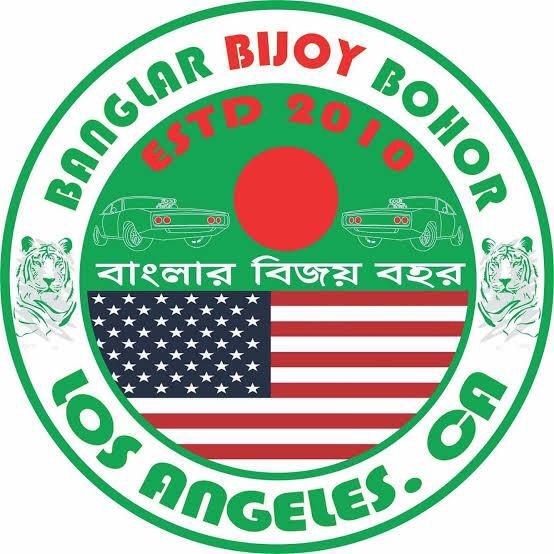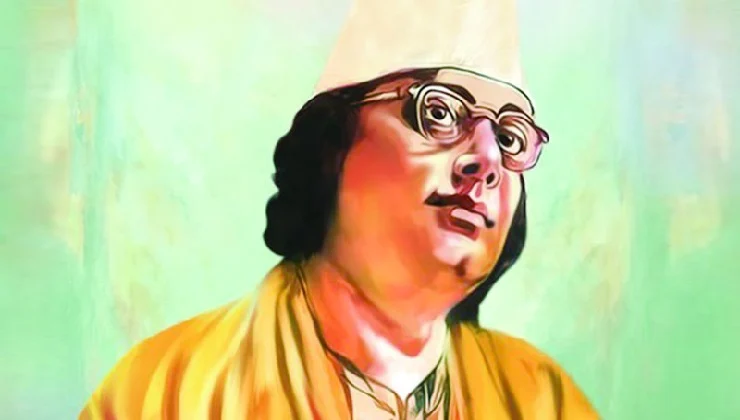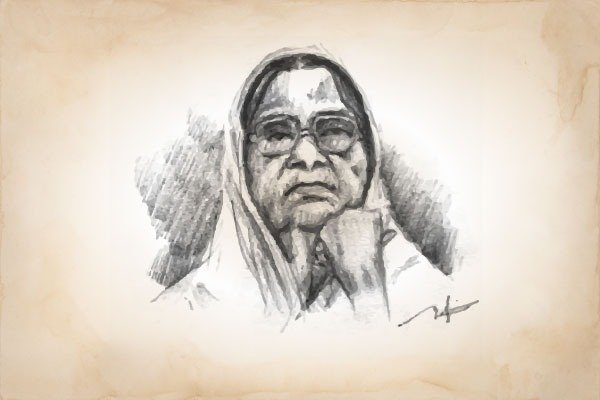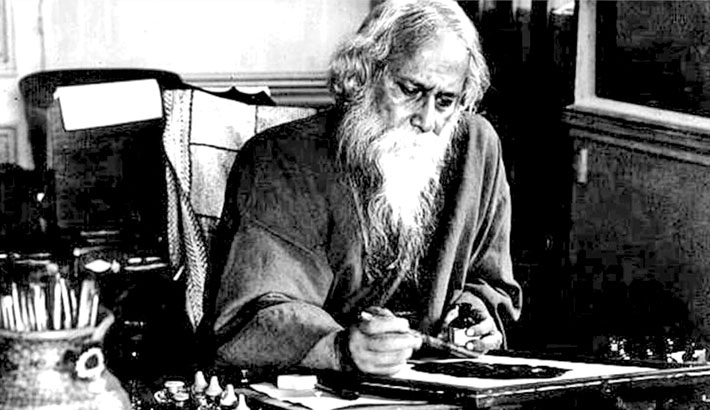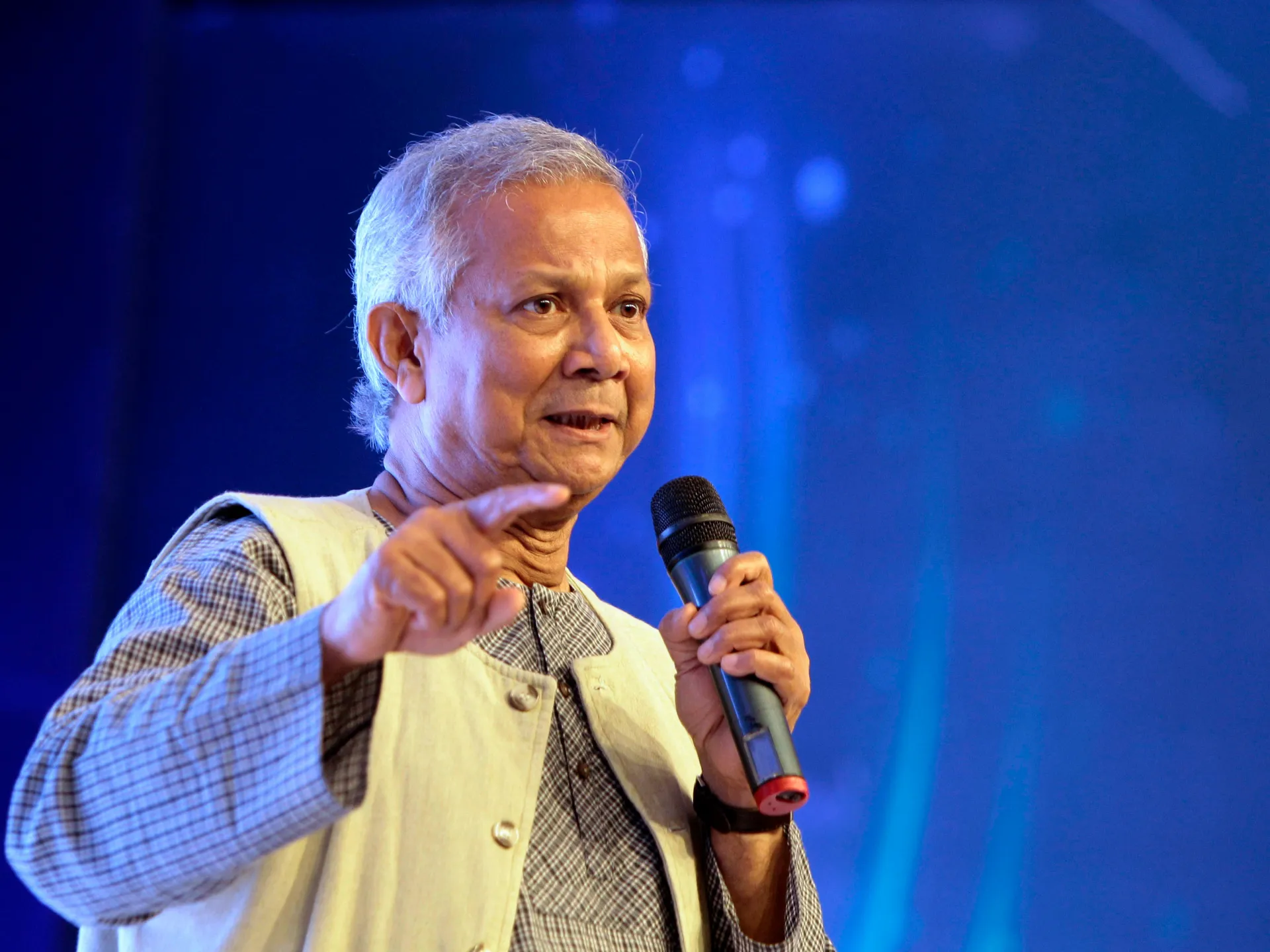Kazi Nazrul Islam, known as the Rebel Poet, is one of the most influential literary figures in Bengali literature. His passionate and revolutionary writings have left an indelible mark on the cultural and political landscape of Bangladesh. Born on May 25, 1899, in Churulia, West Bengal, Nazrul’s life and works are a testament to his unyielding spirit and commitment to social justice.
Nazrul’s early life was marked by hardship and struggle. Orphaned at a young age, he had to leave school and work to support his family. Despite these challenges, his innate talent for poetry and music became evident. He joined a local theater group and later enlisted in the British Indian Army, where he began writing poetry and songs that reflected his thoughts on freedom and justice. His experiences in the army exposed him to the injustices of colonial rule, fueling his desire to fight against oppression.
Nazrul’s literary career took off with the publication of his poem “Bidrohi” (The Rebel) in 1922. The poem, a powerful call to arms against tyranny and oppression, resonated deeply with the people of Bengal and established Nazrul as a leading voice of dissent. “Bidrohi” captured the spirit of rebellion and defiance, challenging the status quo and inspiring a generation to strive for freedom and equality. Nazrul’s works were characterized by their boldness, emotional intensity, and lyrical beauty, making him a beloved figure in Bengali literature.
Throughout his life, Kazi Nazrul Islam used his pen as a weapon against injustice. His writings covered a wide range of themes, including nationalism, anti-colonialism, social justice, and human rights. He was an outspoken critic of religious orthodoxy and communalism, advocating for unity and harmony among people of different faiths. His poems, songs, and essays often highlighted the plight of the poor and marginalized, calling for social and economic reforms to uplift them.
In addition to his literary contributions, Nazrul was a prolific composer and musician. He created a unique genre of music known as Nazrul Geeti, which combines classical, folk, and modern elements. His songs, filled with emotional depth and powerful messages, continue to be popular and are an integral part of Bengali cultural heritage. Nazrul’s ability to blend music and poetry allowed him to reach a broad audience and amplify his message of resistance and hope.
Nazrul’s activism extended beyond his writings. He was actively involved in the Indian independence movement and faced imprisonment for his anti-colonial activities. Despite the physical and mental toll of his imprisonment, he remained committed to his ideals and continued to write prolifically. His experiences of incarceration and oppression further fueled his resolve to fight for justice and equality.
In the later years of his life, Kazi Nazrul Islam faced significant health challenges, including a debilitating illness that left him unable to speak or write. Despite this, his legacy as a poet, musician, and activist continued to grow. In 1972, the newly independent Bangladesh honored him by making him the national poet, recognizing his immense contributions to Bengali literature and culture.
Kazi Nazrul Islam passed away on August 29, 1976, but his legacy lives on. His works continue to inspire and motivate people to fight against injustice and strive for a better world. The Rebel Poet’s fearless spirit and unwavering commitment to social justice make him a timeless symbol of resistance and hope in the face of adversity.
